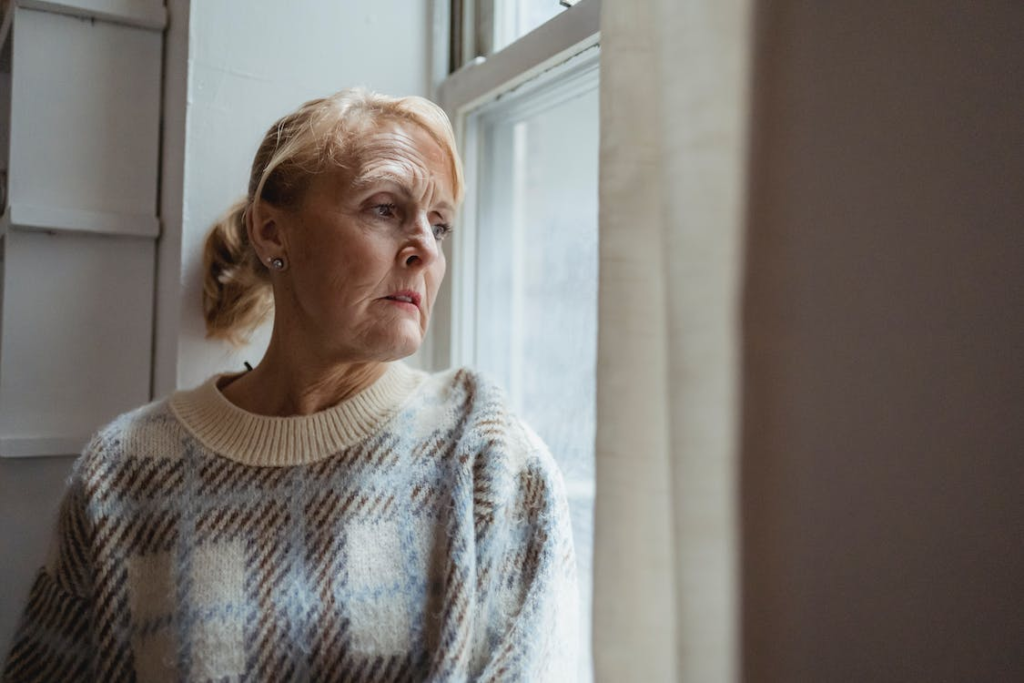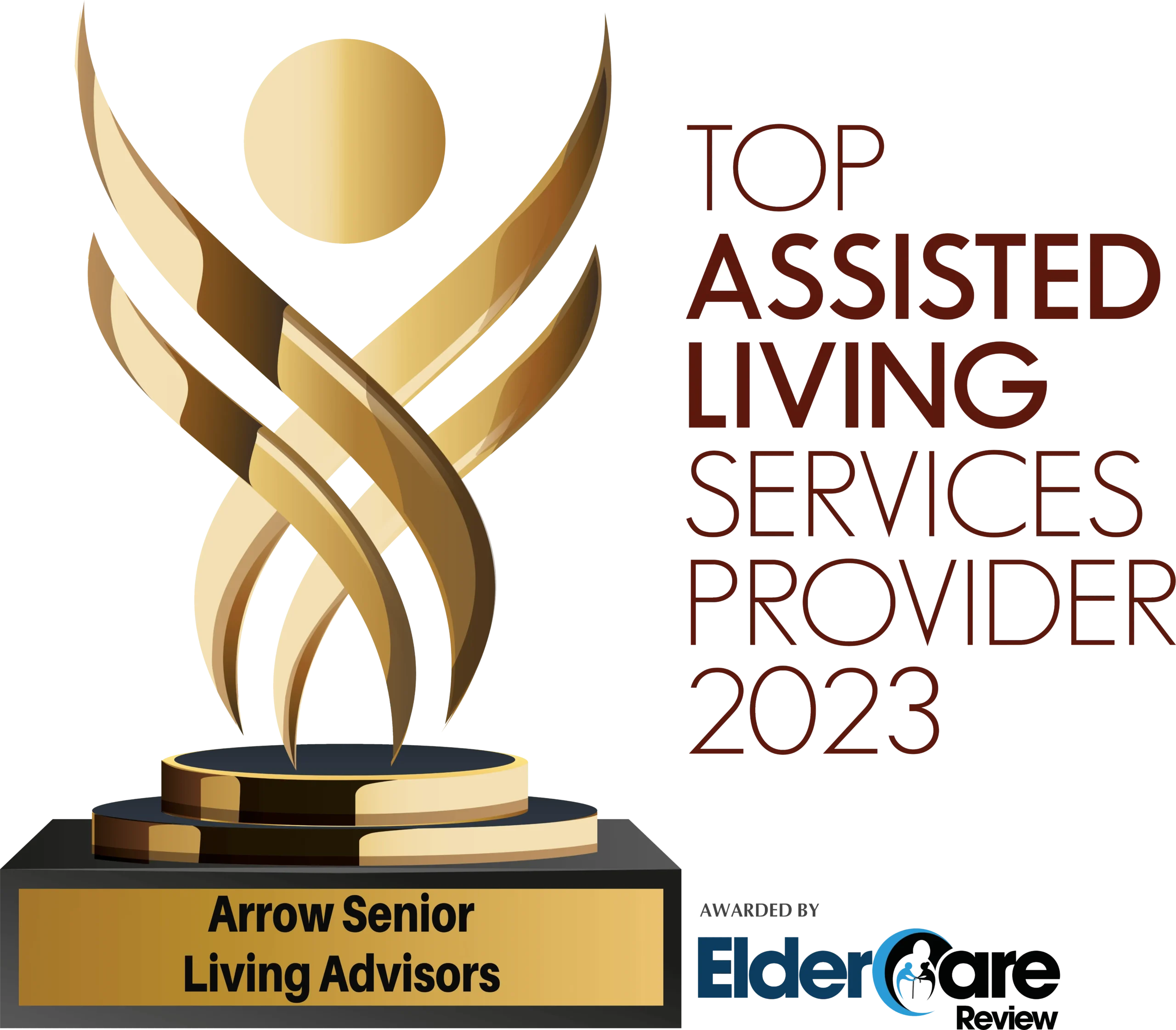As people age, they may face new challenges that can lead to depression. Losing loved ones, struggling with chronic illnesses, and feeling isolated are common issues contributing to depression in older adults. Unfortunately, depression often goes undiagnosed in seniors, as they may not recognize the symptoms or feel comfortable discussing their feelings with others.
Keep reading to find out how to identify depression in older adults and what you can do to help.
Symptoms of Depression in Older Adults
Depression in older adults can manifest differently than it does in younger people. For example, older adults may be less likely to report feelings of sadness or hopelessness. Instead, they may present with physical complaints, such as fatigue, pain, or difficulty sleeping. Here are some other symptoms to look out for:
Loss of interest in activities
If your loved one used to enjoy hobbies or spending time with friends and family but has suddenly lost interest, it could be a sign of depression.
Withdrawal from social activities
Depression can cause older adults to feel isolated and disconnected from others. They may stop attending social events or refuse invitations to spend time with loved ones.
Changes in appetite
Depression can cause changes in appetite, leading to weight loss or gain. Your loved one may also complain of digestive issues, such as constipation or nausea.

Irritability
Older adults with depression may be easily agitated or quick to anger. They may lash out at others or become irritable without apparent cause.
Difficulty sleeping
Depression can disrupt sleep patterns, causing insomnia or oversleeping. Your loved one may complain of waking up too early or feeling tired all day.
Physical complaints
As mentioned earlier, older adults with depression may present with physical complaints such as headaches, joint pain, or back pain.

How to Help an Older Adult with Depression
If you suspect that your loved one is struggling with depression, it’s important to encourage them to seek professional help. A mental health professional can diagnose depression and recommend appropriate treatment, including therapy, medication, or a combination of both. Here are some other things you can do to support your loved one:
Listen without judgment
Encourage your loved one to talk about their feelings and listen without judgment. Let them know that you’re there for them and that you care about their well-being.
Help them stay connected
Encourage your loved one to stay connected with others by attending social events or engaging in activities they enjoy. You can also help them find support groups or volunteer opportunities in their community.
Encourage self-care
Help your loved one prioritize self-care by eating well, exercising regularly, and getting enough rest. Encourage them to indulge in the things they love doing, whether that’s knitting a sweater for their grandkids, going for a walk, or meditating. These activities can help boost mood and reduce symptoms of depression.

Monitor medication use
If your loved one is taking medication for depression, monitor their use and watch for any side effects. Encourage them to take their medication as prescribed and to report any issues to their doctor.
Consider senior living communities
If your loved one is struggling with depression and living alone, it may be time to consider senior living options. A senior living community can provide a supportive environment and access to social activities and healthcare services.
Assisted living communities, independent living communities, and other retirement homes offer their residents a relaxing and safe environment to thrive. They can enjoy everything from lifelong learning to 24/7 medical support, stylish yet secure living structures, and a sense of belonging among like-minded people.
How we can help your loved one feel better
Identifying depression in older adults can be challenging, but it’s crucial to get the right diagnosis and treatment. And if you are considering a senior living community for your loved one, Arrow Senior Living Advisors can help.
Arrow Senior Living Advisors is a senior living advisory agency that helps families find the right senior living community for their loved ones. Our advisors are knowledgeable about the senior living options in Oklahoma, and we can help guide you through the process of finding an assisted living or memory care community that meets your loved one’s unique needs.
We understand that the process of finding the right senior living community can be overwhelming, which is why we offer our services at no cost to families. We can help you navigate the complex world of senior living and make the best decision for your loved one’s well-being.
Whether you’re searching for an assisted living or best memory care communities in Oklahoma, Iowa, or Texas, we’ll help you narrow in on the most suitable options. Our team will consider various factors like your daily habits, lifestyle, health requirements, hobbies, and financial needs before making any recommendations.
Contact us today to learn more about our services.




